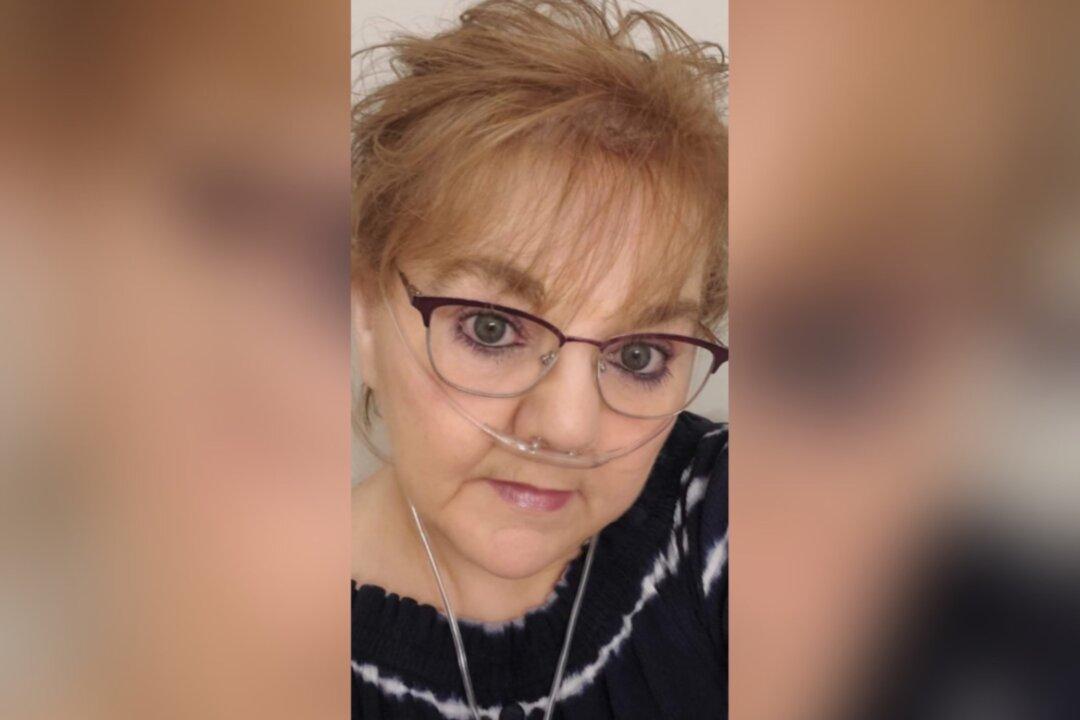Some legal experts say there is no reason governments can’t make changes that would allow organ transplants for people who decline to take a COVID-19 vaccine.
Last week saw the death of Sheila Annette Lewis, an Alberta women who had been in a long-running legal battle with Alberta Health Services over her vaccination status. She needed a life-saving organ transplant but refused to get a COVID vaccine, which is a requirement to receive a transplant in her province.





